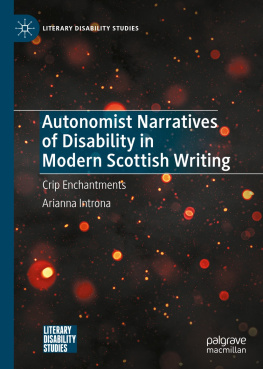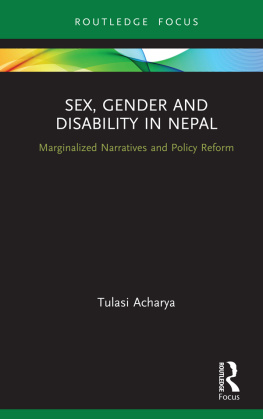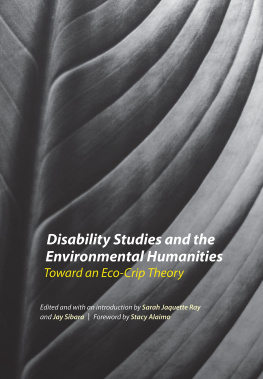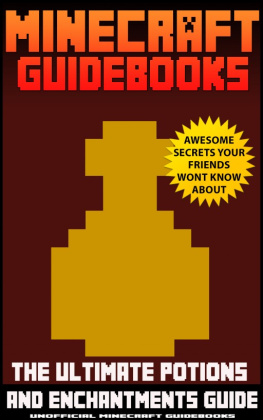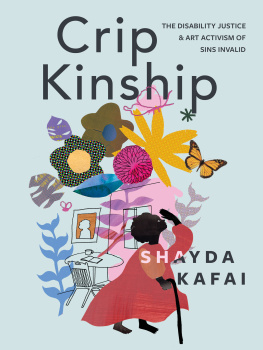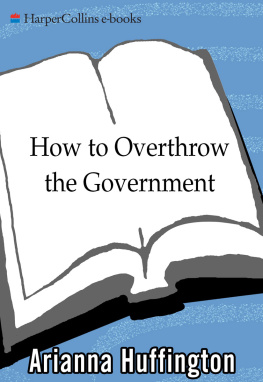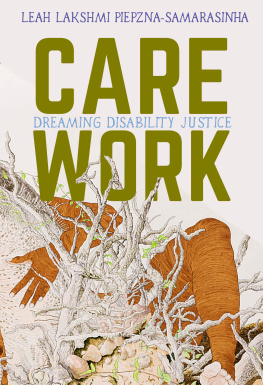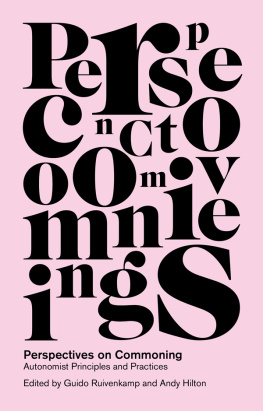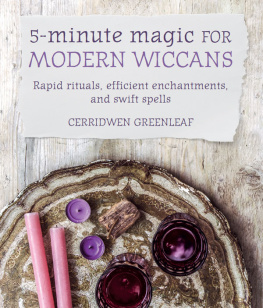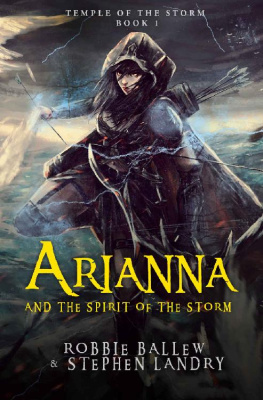Arianna Introna - Autonomist Narratives of Disability in Modern Scottish Writing : Crip Enchantments
Here you can read online Arianna Introna - Autonomist Narratives of Disability in Modern Scottish Writing : Crip Enchantments full text of the book (entire story) in english for free. Download pdf and epub, get meaning, cover and reviews about this ebook. publisher: Springer International Publishing, genre: Politics. Description of the work, (preface) as well as reviews are available. Best literature library LitArk.com created for fans of good reading and offers a wide selection of genres:
Romance novel
Science fiction
Adventure
Detective
Science
History
Home and family
Prose
Art
Politics
Computer
Non-fiction
Religion
Business
Children
Humor
Choose a favorite category and find really read worthwhile books. Enjoy immersion in the world of imagination, feel the emotions of the characters or learn something new for yourself, make an fascinating discovery.
- Book:Autonomist Narratives of Disability in Modern Scottish Writing : Crip Enchantments
- Author:
- Publisher:Springer International Publishing
- Genre:
- Rating:4 / 5
- Favourites:Add to favourites
- Your mark:
- 80
- 1
- 2
- 3
- 4
- 5
Autonomist Narratives of Disability in Modern Scottish Writing : Crip Enchantments: summary, description and annotation
We offer to read an annotation, description, summary or preface (depends on what the author of the book "Autonomist Narratives of Disability in Modern Scottish Writing : Crip Enchantments" wrote himself). If you haven't found the necessary information about the book — write in the comments, we will try to find it.
Arianna Introna: author's other books
Who wrote Autonomist Narratives of Disability in Modern Scottish Writing : Crip Enchantments? Find out the surname, the name of the author of the book and a list of all author's works by series.
Autonomist Narratives of Disability in Modern Scottish Writing : Crip Enchantments — read online for free the complete book (whole text) full work
Below is the text of the book, divided by pages. System saving the place of the last page read, allows you to conveniently read the book "Autonomist Narratives of Disability in Modern Scottish Writing : Crip Enchantments" online for free, without having to search again every time where you left off. Put a bookmark, and you can go to the page where you finished reading at any time.
Font size:
Interval:
Bookmark:
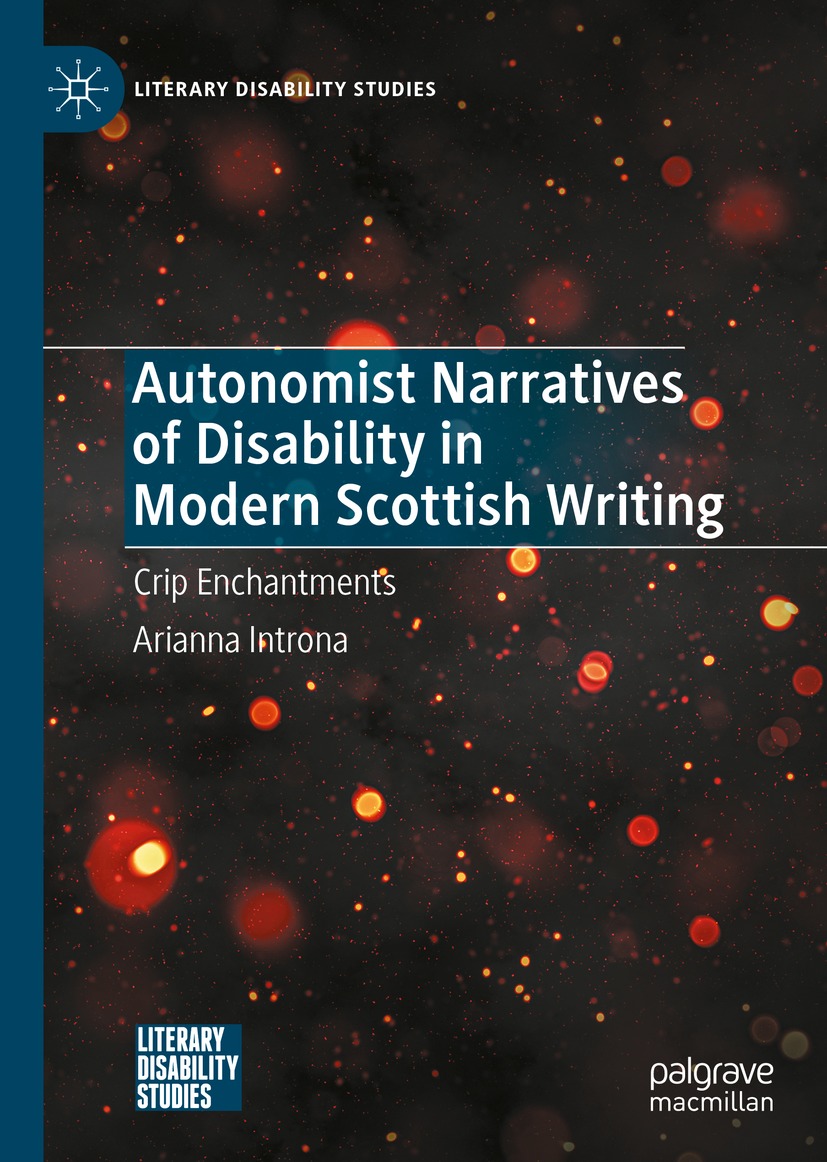
Literary Disability Studies is the first book series dedicated to the exploration of literature and literary topics from a disability studies perspective. Focused on literary content and informed by disability theory, disability research, disability activism, and disability experience, the Palgrave Macmillan series provides a home for a growing body of advanced scholarship exploring the ways in which the literary imagination intersects with historical and contemporary attitudes toward disability. This cutting edge interdisciplinary work includes both monographs and edited collections (as well as focused research that does not fall within traditional monograph length). The series is supported by an editorial board of internationally-recognised literary scholars specialising in disability studies:
Michael Brub, Edwin Erle Sparks Professor of Literature, Pennsylvania State University, USA; G. Thomas Couser, Professor of English Emeritus, Hofstra University in Hempstead, New York, USA; Michael Davidson, University of California Distinguished Professor, University of California, San Diego, USA; Rosemarie Garland-Thomson, Professor of Womens Studies and English, Emory University, Atlanta, USA; Cynthia Lewiecki-Wilson, Professor of English Emerita, Miami University, Ohio, USA. For information about submitting a Literary Disability Studies book proposal, please contact the series editors: David Bolt (boltd@hope.ac.uk), Elizabeth J. Donaldson (edonalds@nyit.edu), and/or Julia Miele Rodas (Julia.Rodas@bcc.cuny.edu).
More information about this series at https://link.springer.com/bookseries/14821

Cover illustration: Photograzia / Getty Images
This Palgrave Macmillan imprint is published by the registered company Springer Nature Switzerland AG
The registered company address is: Gewerbestrasse 11, 6330 Cham, Switzerland
To our wonderful dogs Penny, Flint and Dash
When I started my PhD, I was ill. By the time I finished it, I was a crip autonomist Marxist.
My sister and I became disabled because I started reading disability studies. And I started reading disability studies because I wanted to make sense of why certain ways of representing body-minded difference or distress in Scottish writing spoke so powerfully to me, of why those representations were making me realise that there were different ways of being in the world. So, I started reading disability studies, and I have continued reading disability studies because I need it as a person, as a reader, as a researcher, as a Marxist, as an activist.
This book is about the crip enchantments that life, theories and books have evoked for me in the past ten years. It is a record of a quest to make sense of the ways in which the crip enchantments that I have encountered as a researcher, as an activist, as a reader of my sisters stories and as a disabled person struggling to navigate the capitalist normalcy of the world are braided together. As if rings of a Borromean knot, they circle round each other and constantly challenge us to identify how, and where, they are entangledwhile preserving the mystery of any point of entanglement. This book is the record of a quest to follow the magic that disability and research bring into the world, and to follow it into the manifold alternative realities that it makes possible.
This book develops material contained in my PhD thesis. I wish to thank the Arts and Humanities Research Council for the scholarship which allowed me to undertake and complete my PhD, as well as my supervisors Dr Scott Hames and Dr Adrian Hunter for their unending patience, wise advice, inspiration and invaluable feedback. I would also like to thank my PhD companions Kelly, Stuart, Cleo, Ream, Allan, Nazar, Farhang, Fanny, Felix and Rana for their support and friendship, and our office F30, which does not exist anymore, for having been our home. In particular, however, I would like to thank my dear and very best friend Janet for sharing with me joys, sorrows, fears and hopes during and beyond our PhD journey.
This book is also proof that research continues after we finish our PhDs. I would like to thank Dr Gavin Miller and Dr Corey Gibson for helping me develop my postdoc project and for sharing with me their knowledge of Scottish literature and, respectively, of the medical humanities and of working-class literature. I would also like to thank Corey for giving me the opportunity to be research assistant on his project, Dreaming the Daily Darg: Working Lives in Scottish Fiction, since 1918, which has inspired me to develop key aspects of the theoretical framework of this book, which would not have existed otherwise.
I would like to thank Prof. Carla Sassi, Dr Katie Halsey, Dr Bethan Benwell, Leigh French and Gordon Asher for supporting and inspiring me, in different ways, over the past few yearswhether as teachers/educators or as researchers or as just people. And I would like to thank my Autonomous Centre of Edinburgh and my Edinburgh Coalition Against Poverty comrades, as well as the comrades I have met in spaces of autonomous learning, for helping me develop into the crip autonomist activist and researcher that I have become.
Font size:
Interval:
Bookmark:
Similar books «Autonomist Narratives of Disability in Modern Scottish Writing : Crip Enchantments»
Look at similar books to Autonomist Narratives of Disability in Modern Scottish Writing : Crip Enchantments. We have selected literature similar in name and meaning in the hope of providing readers with more options to find new, interesting, not yet read works.
Discussion, reviews of the book Autonomist Narratives of Disability in Modern Scottish Writing : Crip Enchantments and just readers' own opinions. Leave your comments, write what you think about the work, its meaning or the main characters. Specify what exactly you liked and what you didn't like, and why you think so.

